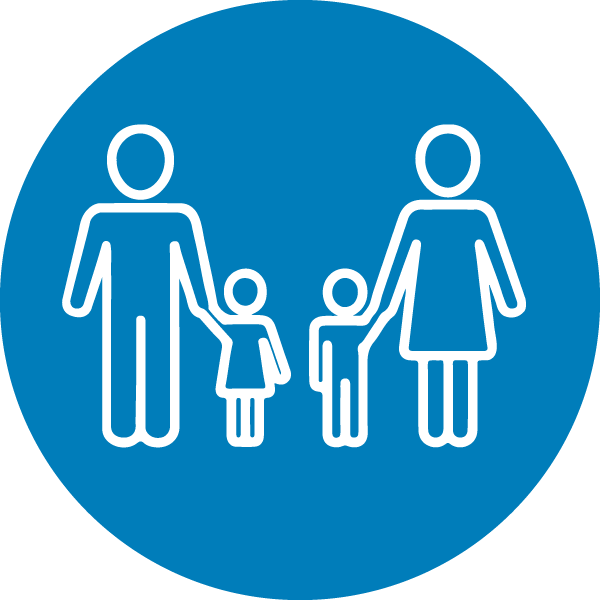Emerging leader develops report to bridge communication between newcomer and indigenous peoples.
As an international student completing his studies in Toronto and Winnipeg, Aliraza Alidina found that newcomers weren’t educated on the challenges Indigenous communities faced in Canada.
“In the course of my studies, I came to know about something that I wasn’t aware of,” says Alidina, who completed his bachelor’s degree in international development studies at York University, and is currently working on his master’s in development practice at the University of Winnipeg. “Living in Canada as an international student, never hearing about the history of Canada and the challenges Indigenous communities faced, I was really exposed to a new area, which I thought was quite important for me to know from the very beginning.”

Alidina’s master’s program required two field placements: one locally and one internationally. He decided to do his local field placement with Immigration Partnership Winnipeg (IPW) to really look at Indigenous-newcomer relations.
IPW had already done some work in this area which prompted Alidina to expand on IPW’s work. With this report and recognizing the Truth and Reconciliation Commission’s Calls to Action (with two actions relating to newcomers), he wondered where we stood as a city, in terms of relationship-building.
“Winnipeg has an important dynamic because it has the largest urban Indigenous population, and it has a growing newcomer population,” Alidina says. “I thought this would be a really good case study as a lot of the findings on relationship-building here could be applied elsewhere and we could take the lead.”
As co-author of Fostering Safe Spaces for Dialogue and Relationship-building Between Newcomers and Indigenous Peoples, Alidina, alongside Jenna Wirch and Darrien Morton, put together the report to discuss effective practices for building relationships between newcomers and Indigenous peoples and to provide recommendations for IPW’s orientation toolkit.
With help from The Winnipeg Foundation’s Emerging Leaders Fellowship (ELF) program grant, Alidina had the capacity to work on the report content. The experience opened his eyes to alternative views, including through an Indigenous lens. Read more about ELF below.
“It was really touching because I got to see so many commonalities on a personal ground,” Alidina says. “We had an Indigenous worldview class with an Elder, using different methods, and I could really connect to those.”
As a newcomer, Alidina found these shared commonalities were never discussed.
“A lot of people want to know about Indigenous peoples. How can they start building relations? How can they get involved in that process? How can they be allies? Unfortunately, there isn’t much knowledge about that.”
The completed report has three main components. The first examines where we stand as a city in terms of relationship-building. In this section, information was gathered from a variety of people on where they thought we stood.
The second portion is a compilation of different relationship-building initiatives currently or previously happening. This section discusses different methods through which relationship-building can be established such as Territorientation (ways Indigenous peoples could welcome newcomers to the country).
“Winnipeg has an important dynamic because it has the largest urban indigenous population, and it has a growing newcomer population.”
– Aliraza Alidina, co-author of Fostering Safe Spaces for Dialogue and Relationship-building Between Newcomers and Indigenous Peoples
Finally, the third portion is a collection of recommendations for the development of an orientation toolkit. Discussed are recommendations about what should go into the toolkit and how it should be delivered.
“I really hope that everybody gets involved into working towards relationship-building,” Alidina says. “I’m speaking from a newcomer perspective, of course, but this is really essential for the future of the country that as newcomers, we see it as part of our identity to work on this and be involved.”
Alidina is looking forward to the creation of the IPW’s orientation toolkit and hopes it is done in a correct and appropriate way, incorporating a lot of the recommendations and making it accessible. He hopes it will be a living document that could be used as a national resource for reconciliation.
“A lot of work went on behind this report. There are a lot of people involved and we tried to put their stories together,” Alidina says. “A lot of the things outlined are not new. These are known to community members and support workers. We just made an attempt to put them together.” To obtain your copy of Fostering Safe Spaces for Dialogue and Relationship-building Between Newcomers and Indigenous Peoples, visit: ipwinnipeg.org/fostering-safe-spaces-for-dialogue
About the Winnipeg Foundation’s Emerging Leaders Fellowship (ELF)
ELF provides young people 18 to 35 the opportunity to gain experience and learn more about the non-profit sector through hands-on experience. The Fellowship is an opportunity for applicants to take ownership on a major project in partnership with a local charitable organization.
This story is featured in the Spring 2020 issue of our Working Together magazine. Download or view the full issue on our Publications page.



 Children, Youth & Families
Children, Youth & Families